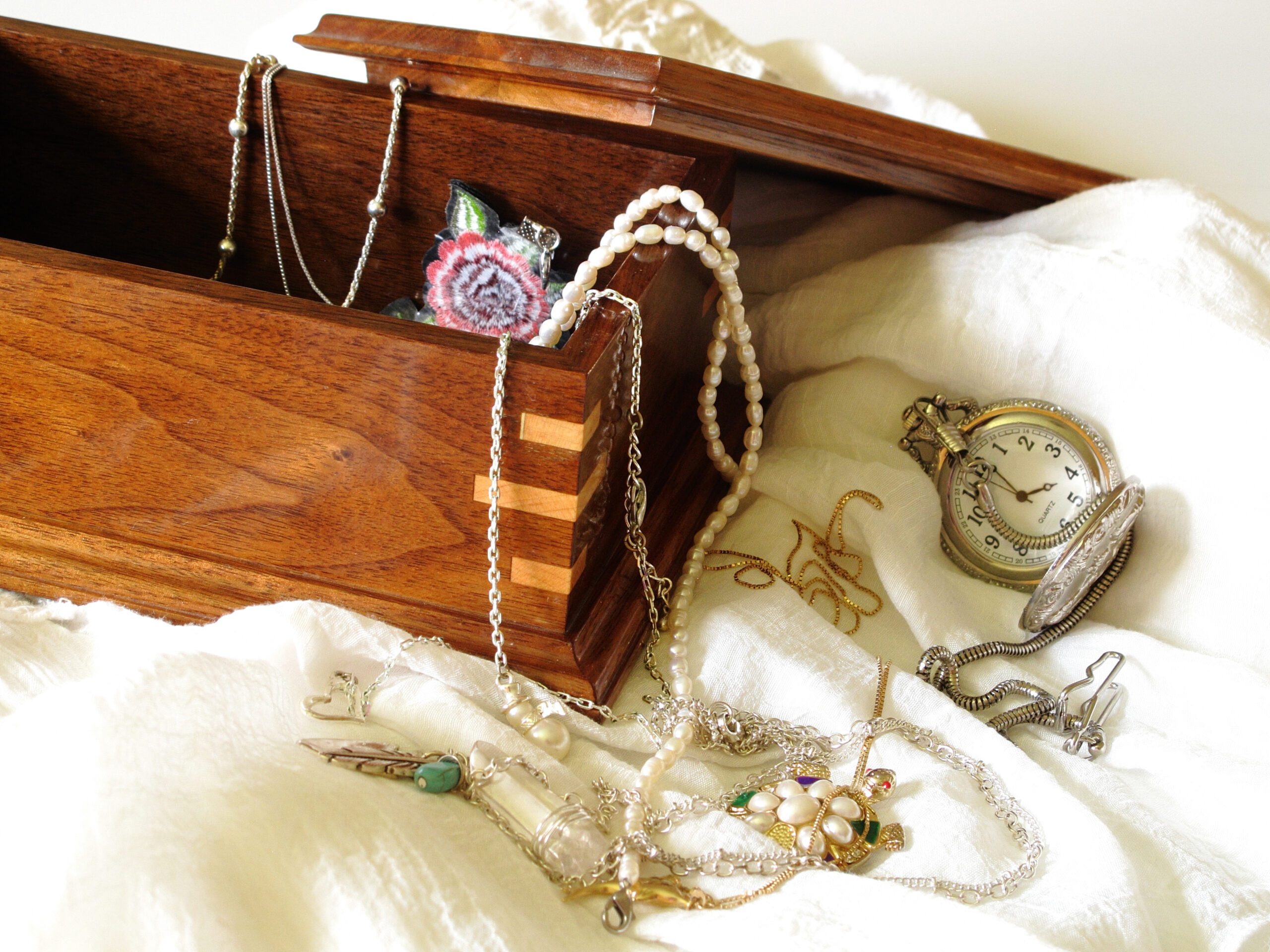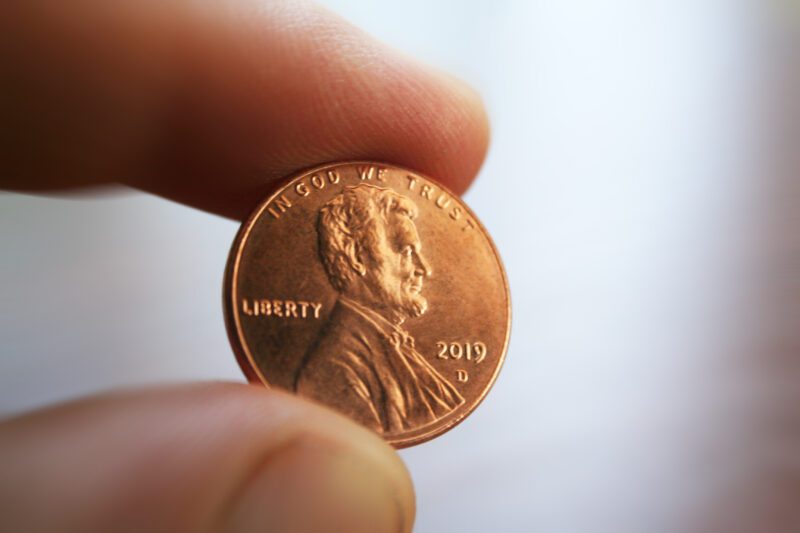
Serving as an executor is often described as a financial or legal role with a focus on documents, deadlines, and distributions. But anyone who’s been through the process knows it’s also deeply personal. Estates aren’t made up of numbers alone. They include family homes, cherished heirlooms, and personal belongings that carry stories and memories.
For beneficiaries, these items can hold emotional value far beyond their market worth. For executors, that emotional weight creates one of the most challenging parts of their settlement responsibilities.
The Emotional Reality Behind Estate Items
It’s common for siblings or relatives to associate certain belongings — a dining room table, a watch, a quilt — with their relationship to the person who has passed. These attachments are heartfelt and valid, but they can also lead to misunderstanding or conflict if two people want the same item or if one person feels overlooked.
Executors, especially those who are also family members, often find themselves trying to balance fairness, empathy, and practicality. It’s not an easy task, but but a few clear strategies can help.
Approaches to Managing Emotional Assets
1. Encourage Open, Early Communication
Before dividing personal items, it helps to gather beneficiaries for a conversation about what matters most to each person. Allowing everyone to express their wishes early helps the executor identify areas of overlap and potential conflict before decisions are made.
2. Create a Transparent Process
Clarity is key. Some executors create an inventory of personal property, then allow beneficiaries to rank their preferences or take turns selecting items. This process helps everyone see that the decision process is fair and thoughtful.
3. Rely on Appraisals for Objectivity
For items that carry both emotional and financial value — like jewelry, art, or collectibles — obtaining a professional appraisal helps set a clear baseline. Even if the emotional value can’t be quantified, knowing the monetary value can inform a fair and balanced distribution.
4. Focus on Fairness, Not Perfect Equality
Executors can remind beneficiaries that fairness doesn’t always mean equal dollar amounts. One person might receive an item with deep sentimental importance, while another might receive a financial equivalent. The goal is balance, not identical outcomes.
5. Use Neutral Professionals When Needed
If emotions run high, bringing in a neutral party — such as an estate attorney, trust officer, or mediator — can help keep discussions constructive and prevent lasting family tension.
When Negotiations Stall
Even with the best intentions, some disputes can’t be resolved through conversation alone. If negotiations fail, the executor has a few potential options:
- Mediation: A professional mediator can help beneficiaries reach a voluntary agreement before legal action becomes necessary.
- Court Intervention: In extreme cases, unresolved conflicts may need to be decided by the probate court. The court can then order certain items sold or distributed according to the will.
- Third-Party Administration: If the executor is a family member and feels caught in the middle, transferring the role to a neutral corporate executor or trustee may be appropriate. This removes personal bias from the process and eases the burden on the executor.
The Executor’s Balancing Act
Managing emotional concerns is one of the most human parts of estate settlement. Executors serve not only as administrators, but also as steady guides through a sensitive period of transition.
By approaching decisions with transparency, fairness, and empathy — and knowing when to call on professional help — executors can keep the process focused on resolution rather than resentment. In the end, settling an estate is about more than dividing belongings. The settlement process is about helping loved ones find closure and peace as they move forward.



